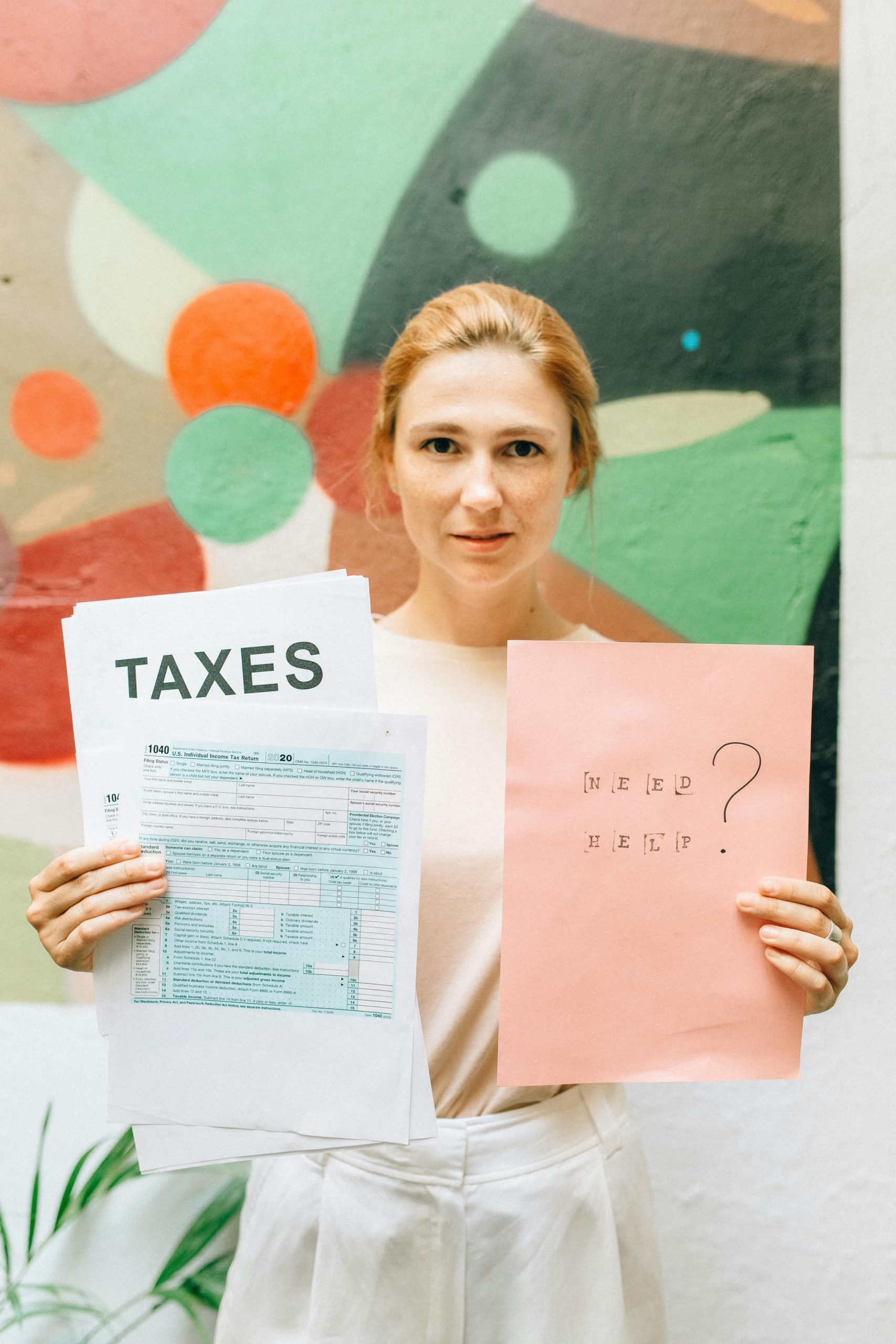Welcome to the second installment of our Taxes 101 series, where we break down the essentials of tax filing in simple, clear terms. Whether you’re new to filing taxes or just want to feel more confident in what you’re doing, this series is here to help.
In our last post, we covered the basics of how taxes work. Now we’re tackling a question many people wonder: Do you really have to file a tax return? The answer isn’t always a simple yes or no — it depends on your income, your situation, and whether filing might actually benefit you, even if you’re not required to.
When You’re Required to File
Most people are required to file a tax return if their income is above a certain threshold, which depends on factors like:
- Your filing status (single, married filing jointly, etc.)
- Your age
- The type of income you receive
For example, in tax year 2024 (the tax filing that was due April 15, 2025), a single filer under age 65 generally must file a return if they earn $14,600 or more. But this threshold is different for other filing statuses, and certain types of income — like self-employment income over $400 — require filing even if your total income is otherwise below the limit.
Filing Status is very important for this – for example, if you file as Married Filing Separately, the filing requirement kicks in at just $5 of income. We’ll talk more about filing statuses in a future installment.
Special Situations That May Require Filing
Even if your income is low, you may still be required to file if:
- You had self-employment income of $400 or more
- You received Advance Premium Tax Credits through the Health Insurance Marketplace and need to reconcile them
- You owe taxes on things like early retirement withdrawals or unreported tips
- You’re claiming a dependent but have earned income over a low threshold
- You owe Household Employment Taxes (like for a nanny)
If you’re not sure whether one of these situations applies to you, it’s worth checking with a tax professional (like us!).
When It’s Beneficial to File (Even If You Don’t Have To)
Even if you aren’t required to file a tax return, there are plenty of good reasons why you might want to:
💰 You Could Get a Refund
If you had any taxes withheld from your paycheck, or if you qualify for certain tax credits (like the Earned Income Tax Credit or Child Tax Credit), you could be entitled to a refund — but only if you file!
🛡 Filing Can Help Prevent Identity Theft
Once your return is filed with the IRS, it can’t be filed again. That means that if a bad actor has your Social Security Number and tries to file a fake return to claim credits or refunds, they’ll be blocked. Filing early — or even when you don’t technically need to — can be a smart move to protect yourself.
Tip: You can also apply for an Identity Protection PIN (IP PIN) from the IRS to prevent unauthorized use of your SSN.
✅ Filing Creates a Paper Trail
If you’re applying for loans, financial aid, or certain government benefits, having a filed tax return can help prove your income and support your application.
What If You Missed a Year?
If you didn’t file in a year where you should have — or if you realize you might have qualified for a refund — you can usually still file back taxes for up to three years and claim any refund due. If it’s more than three years back that you’re missing, it may still make sense to file – the IRS can collect a tax debt for up to 10 years from the date it was assessed, and if you didn’t file a return, that clock hasn’t started yet – but the penalty clock has been running since it was due. The best time to file your taxes was before it was due – the next best time is now.
Not sure where to start? We can help you get caught up.
Final Thoughts
Whether or not you’re required to file a tax return, there are plenty of reasons you might want to — from claiming refunds and credits to protecting yourself from identity fraud. Filing your taxes is one of the most important ways to stay on top of your finances.
This article is part of our Taxes 101 series — a beginner-friendly guide to help individuals and small business owners feel more confident navigating the world of taxes. Coming up in June, we’ll continue the series with two new topics:
- Understanding Tax Forms (Individual) – Get to know the forms you’ll receive and submit as a taxpayer, and how they fit into your tax return.
- Understanding Tax Forms and Entity Types (Business) – Learn how your business type affects which forms you file and why it matters at tax time.
Be sure to follow JCT Tax Solutions for more easy-to-understand guidance — and check out our full Taxes 101 series for more tips that help you take control of your taxes, one step at a time.



